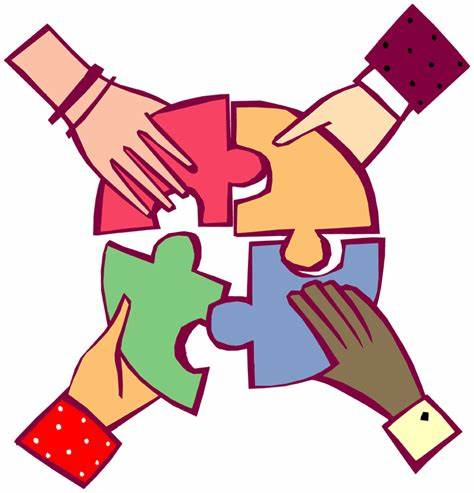Back to work-- both in the classroom and in the United States
Today, I head back to work after the February vacation week. As "restful" weeks go, this one was not really all that restful. I usually plan a few projects around the house and slip in a few fun things to do, but that was not how this past week went. Still, as I take a look back over the last few days, I can honestly say that it was a welcome break in a lot of ways. I did get some house cleaning things done--not all I'd hoped, but a good start. I did get some writing things done-- again, not all I'd planned on doing, but something. I watched a few movies which were generally entertaining. I finished a book that was also generally entertaining. The high point was making a snowman with my grand-daughter and daughter--that was a bluebird day, for sure: warmer temps, fresh snow, and blue skies. Her giggles and wonder were a gift in themselves.
So I go back to work, back the classroom, back to lunch duty, back to the litany of writing errors that must be fixed, back to the incessant interruptions and so on. In class, we'll be focusing on essay construction and editing (and the critical need for proofreading), and then moving on to Frederick Douglass' speech, "What to the Slave is the Fourth of July?" and his autobiographical narrative of his time as an enslaved person. It is important not only to the established curriculum that we focus on Douglass' words, it is also desperately important for my students in a white-majority school to read, discuss, and think about what was said in the past, and what is still an urgent situation in our country.
Yesterday, President Biden spoke in Selma to commemorate the historic march there at the Edmund Pettus Bridge. It's been 58 years, and we are still fighting to have the right to vote unquestioned and unobstructed in this country. Instead of achieving that goal, voting rights are under attack. After the 2020 election, nineteen states passed a total of 34 laws restricting voting rights. Congressional Democrats have tried again and again to pass versions of voting rights acts, and those efforts were summarily blocked.
In short, instead of reaching the goal line, the playing field keeps changing. Democracy cannot function if people cannot vote. The barriers thrown up that bar people from exercising their legal right to cast a ballot are increasingly obstructive, and the basic assurances that were put in place in 1964 have been gutted.
There has been --and still is-- a movement to rename the bridge in Selma after the venerable John R. Lewis who passed away in July, 2020. His entire adult life was dedicated to racial and social justice. Just days before his passing, he wrote his final good-bye in the form of an essay published first in the New York Times. It is titled, "Together, You Can Redeem the Soul of Our Nation," and it brings me to tears every time I read or hear it.
In March of 2020, on that same bridge in Selma, Lewis issued a challenge to us all. He asked us to "Get in good trouble, necessary trouble, and redeem the soul of America." And even though it's getting increasingly difficult to do so in the classrooms of this country, I will do my part for as long as I can, in all the ways that I can. I will build bridges.
Take care,
C




Comments
Post a Comment
Thanks for stopping by!